A home’s electrical system is both a matter of convenience as well as a necessity — more so the latter. When homeowners come across electrical problems, they are faced with a labyrinth of wires, dangerous currents, and the risk of a blackout. With the complex network of wires dispersed throughout the property, diagnosing issues can be somewhat tricky. You may have one room that lights up just fine while another one has flickering bulbs and malfunctioning switches. In any case, you’re most likely not alone; almost every household tends to experience electrical issues more often than not, and the solution is usually one phone call away (that is why we have electricians).
1. Recurring Electrical Surges
Anything from lightning strikes to faulty appliances, damaged power lines, and improper wiring can lead to electrical surges in your house. Although a single surge only lasts less than a second, recurring surges can cause damage to electrical components. This can considerably lower their life expectancy.
If you’re experiencing power surges on a frequent basis, it most likely has to do with either an electrical device connected to the main grid or the wiring itself. Consider disconnecting cheaply manufactured devices or powerboards from the power outlet. If this doesn’t prevent the electrical surges, you may need to consult an electrician.
2. Dips and Sags in Power
Similar to electrical surges, dips and sags in the power supply can often be traced back to faulty or low-quality devices connected to the home grid. Such devices tend to draw a great deal of power when they are activated. Should you experience this issue, try disconnecting any substandard devices from the grid. Consider reaching out to a professional if the problem persists.
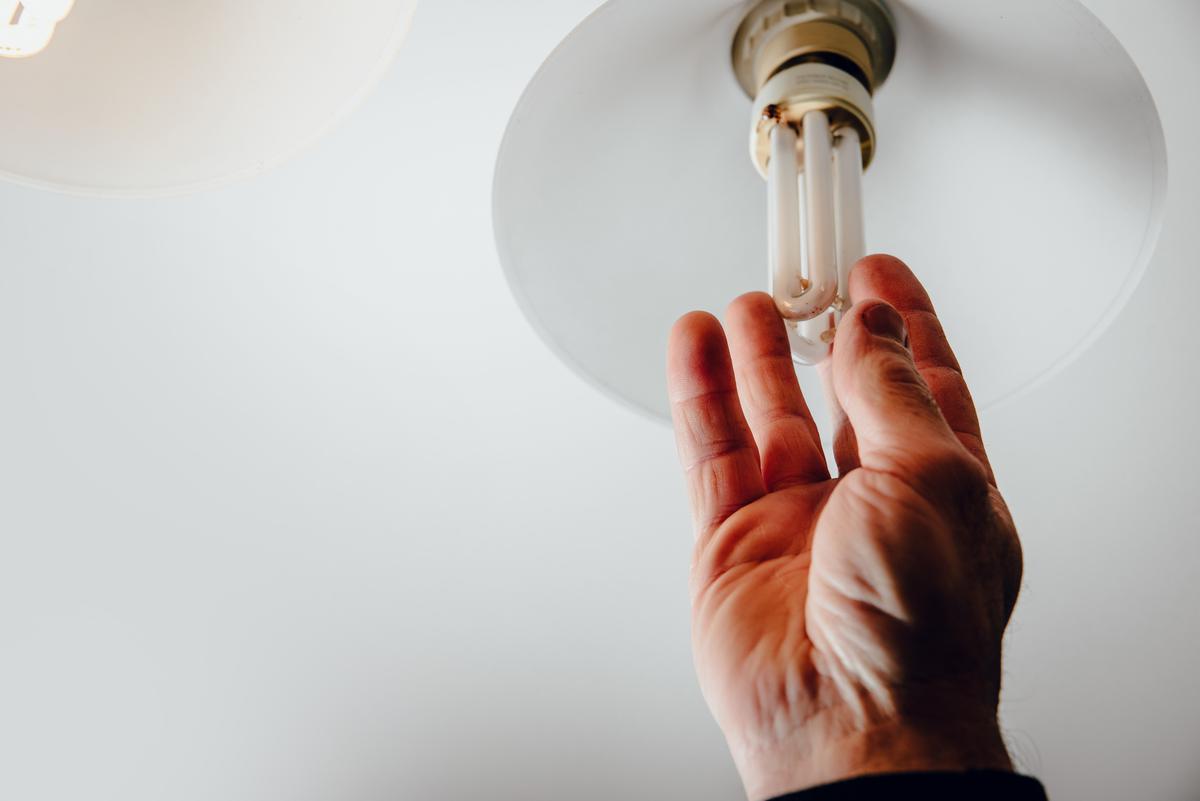
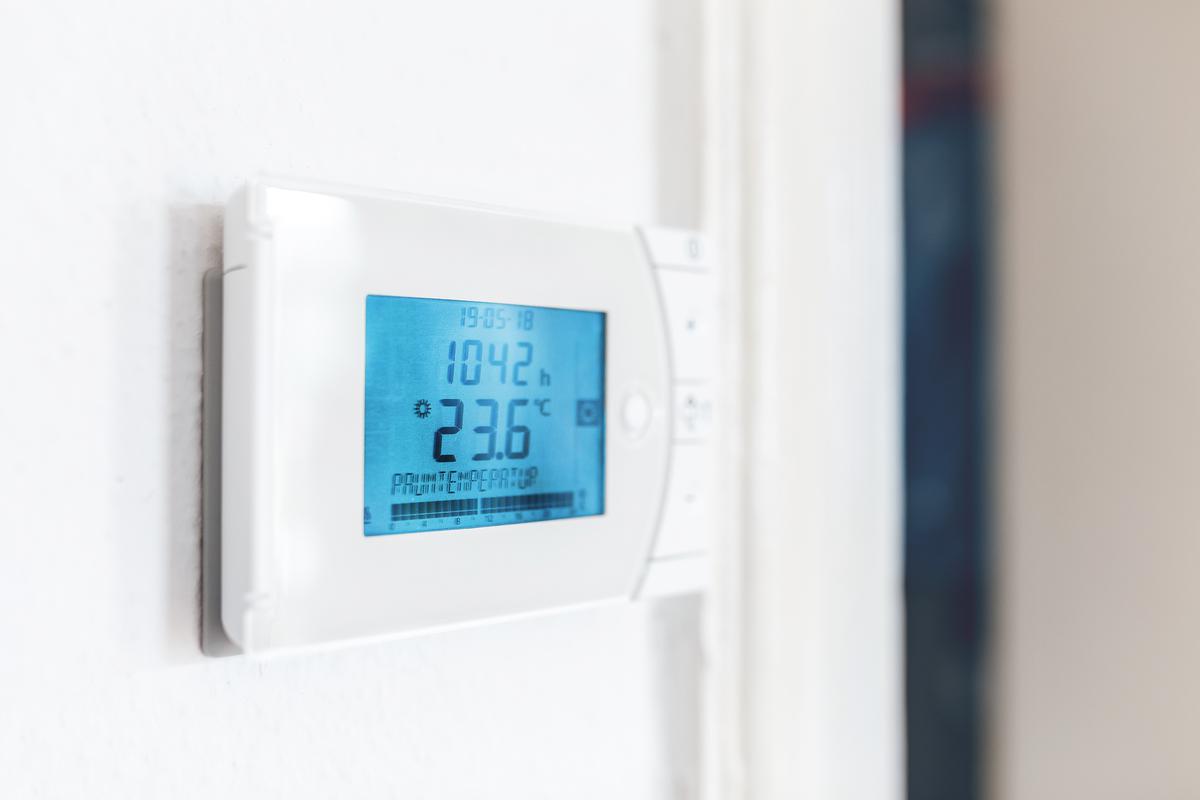
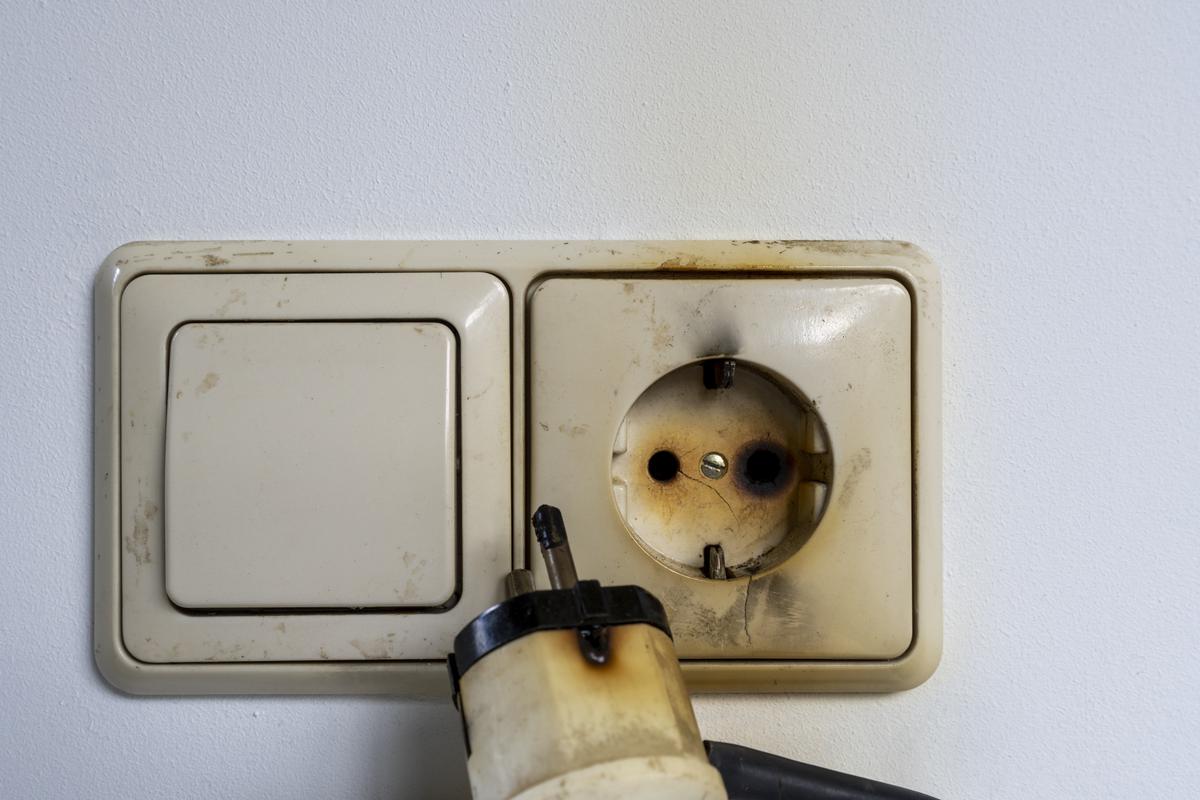
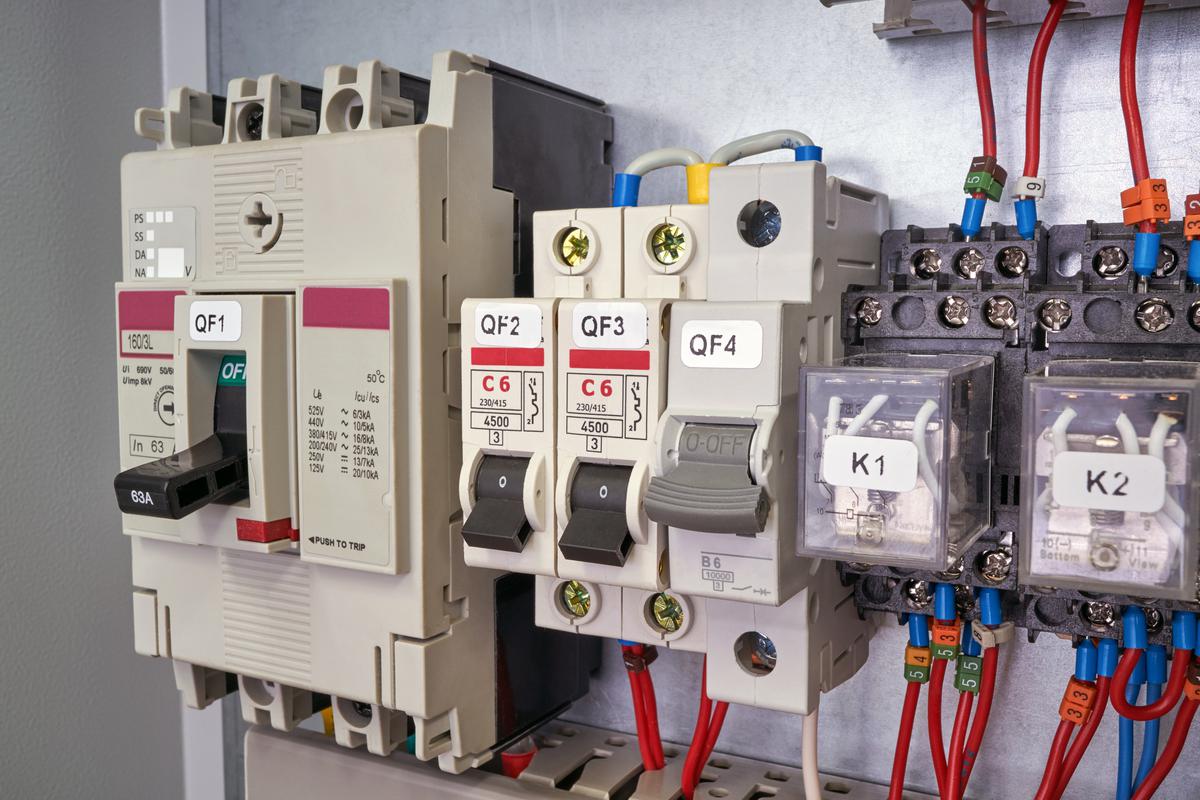
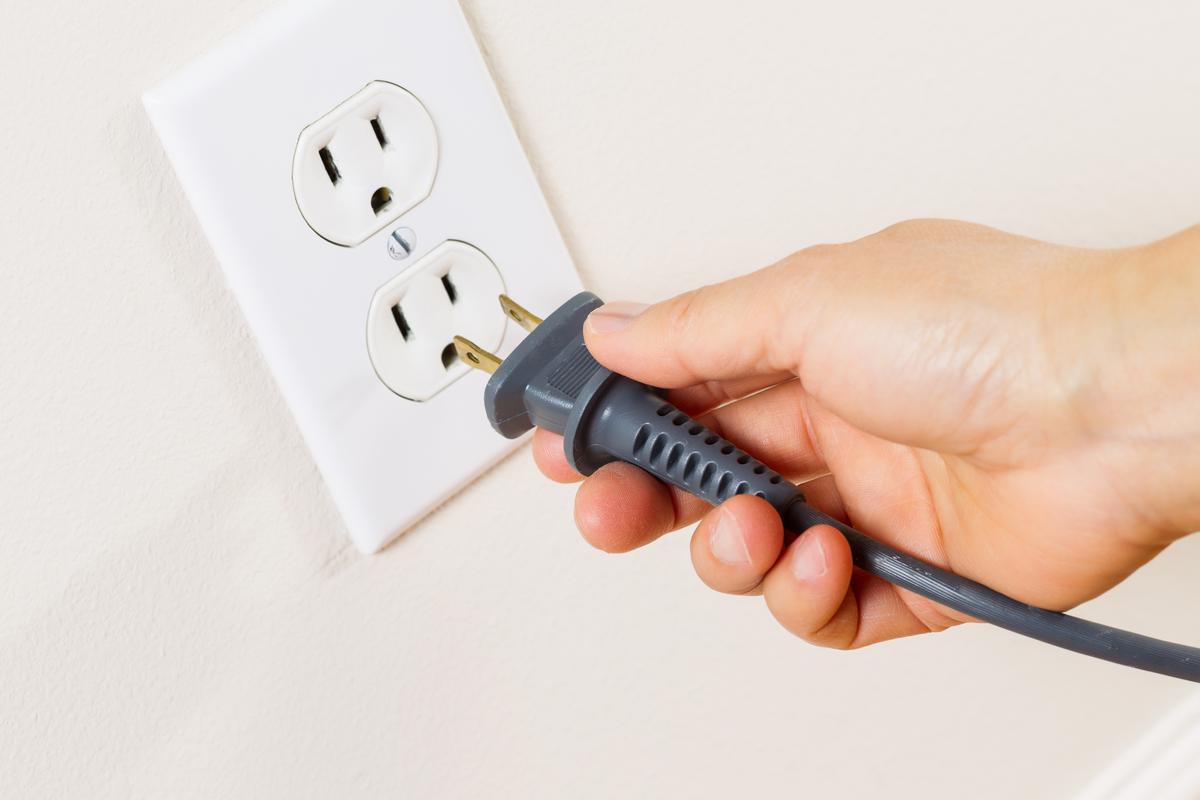
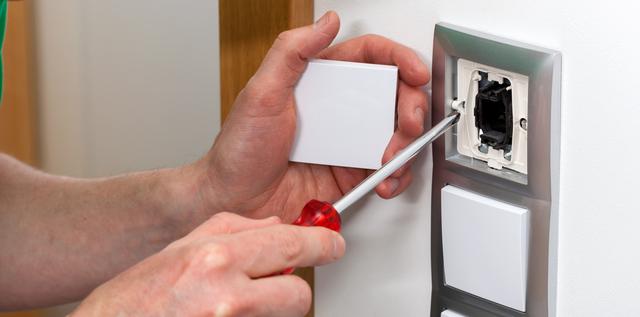
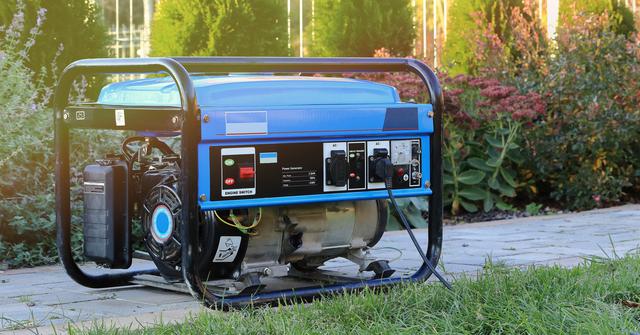
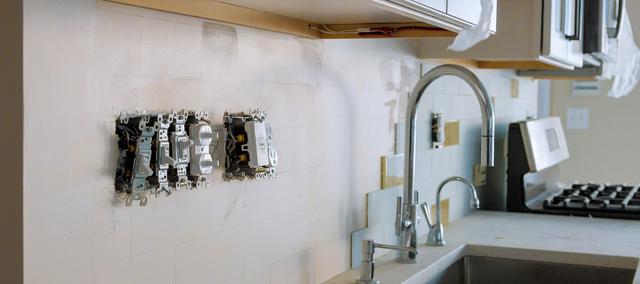

comments